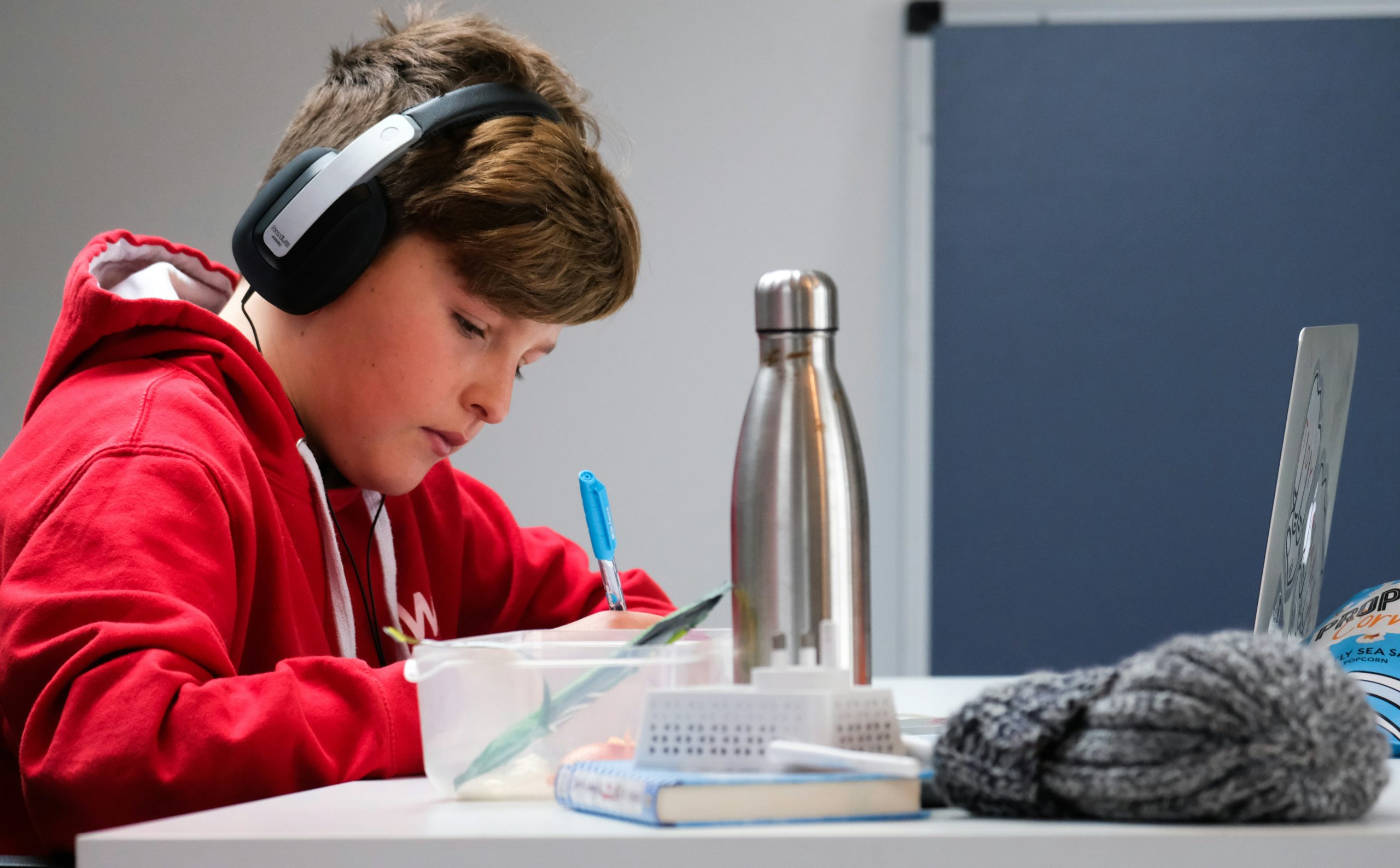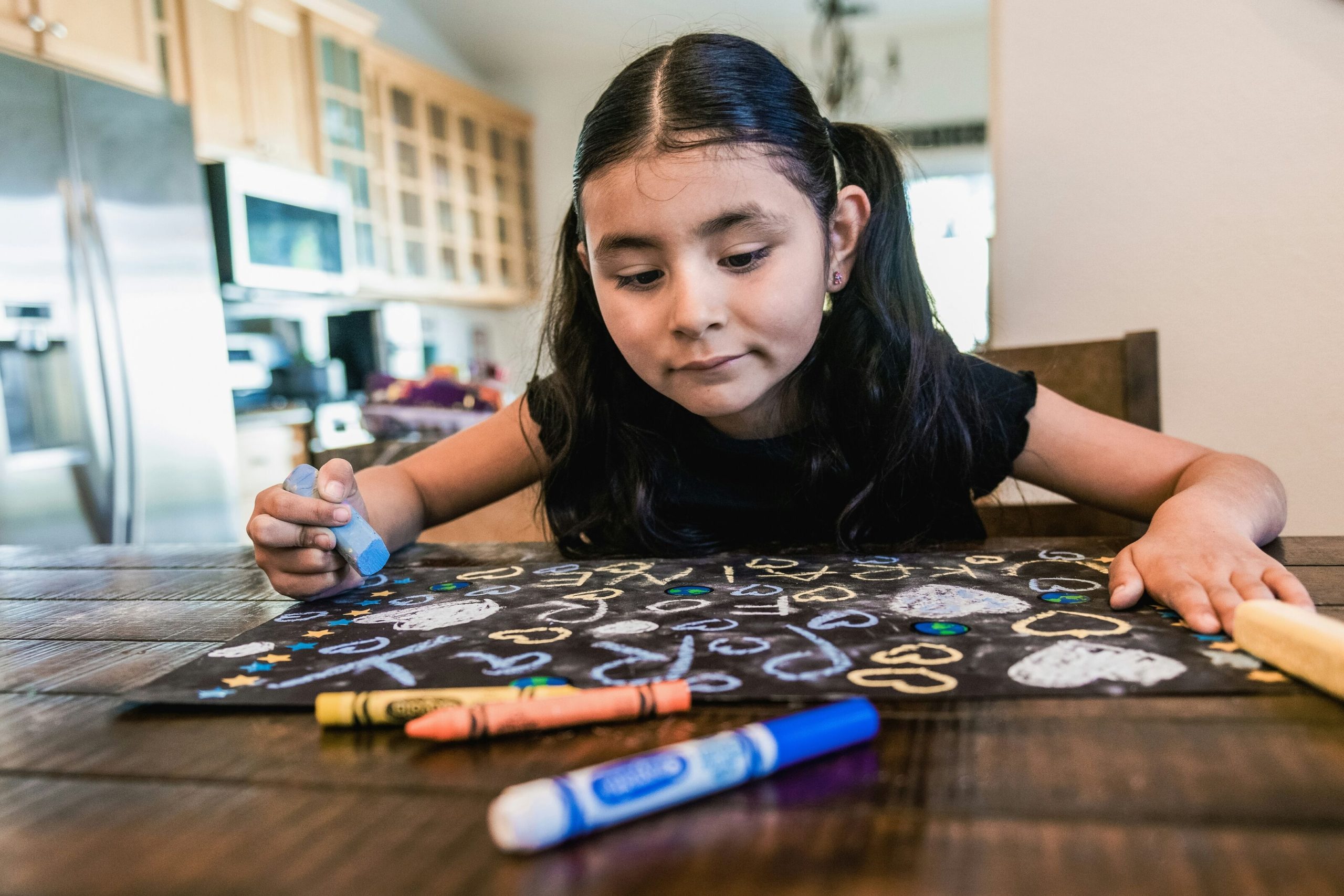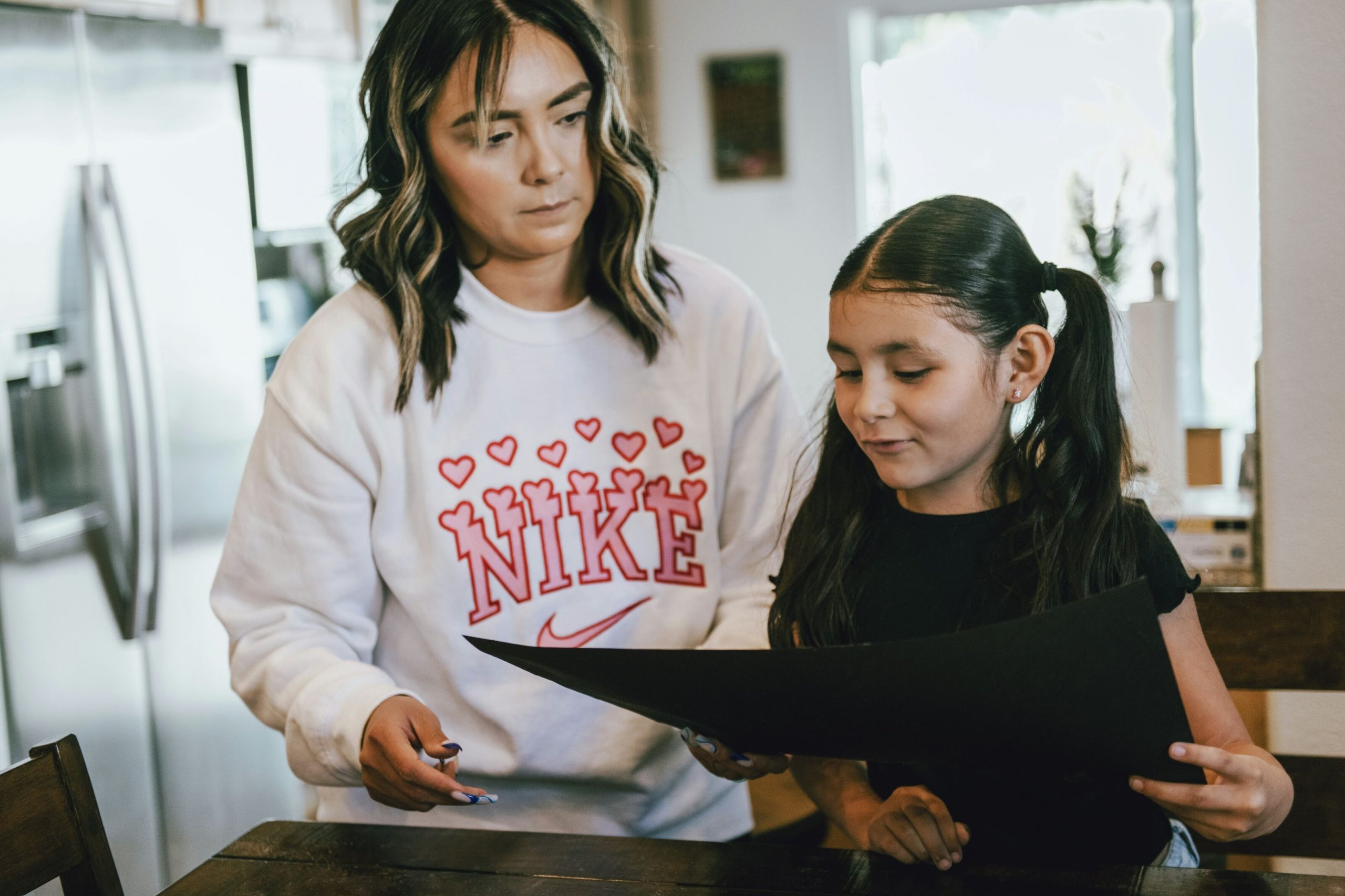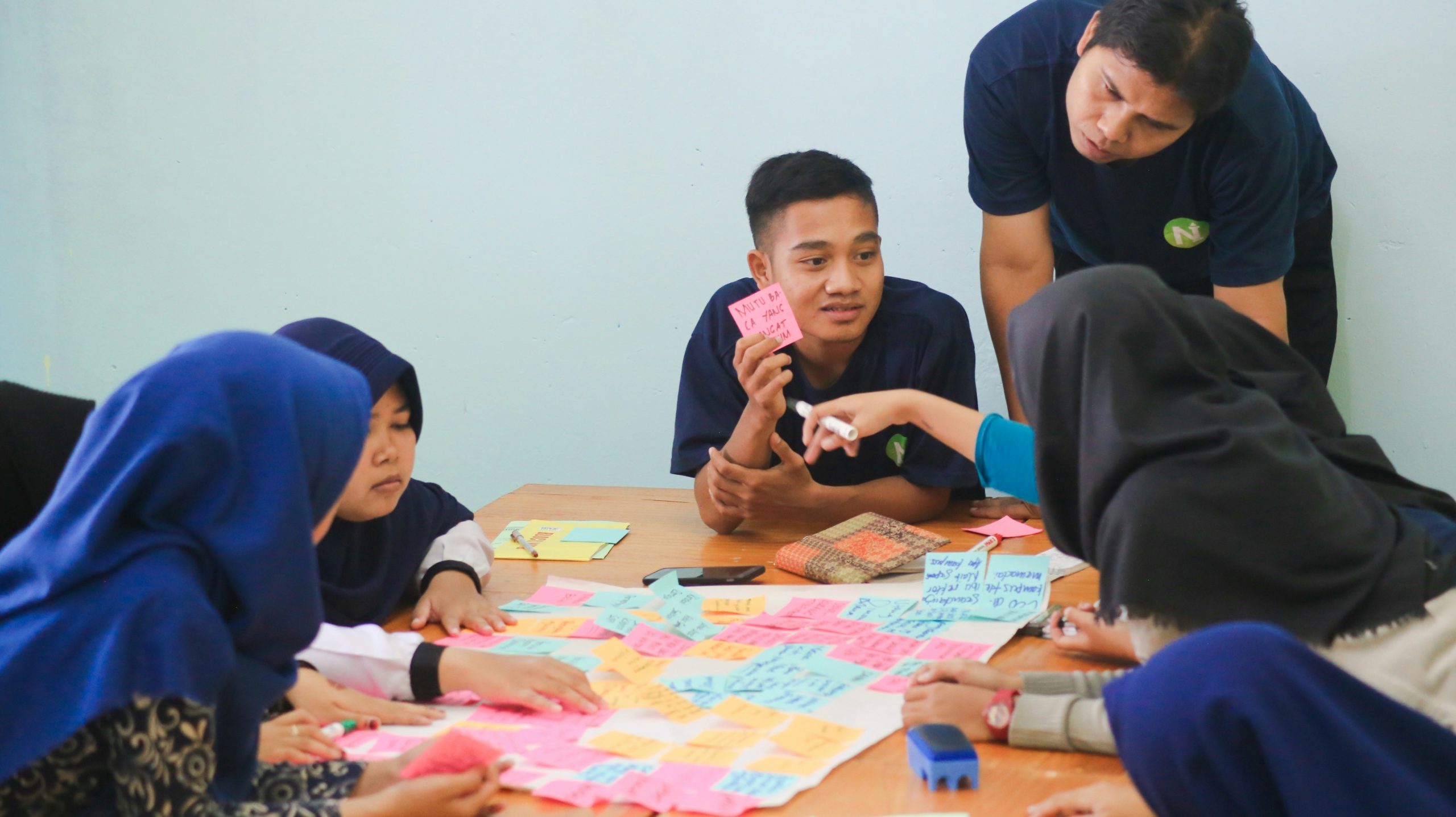Ever wondered what it’s like to homeschool your kids in Texas? This week for Red Kite, I sat down with Holly, a local homeschooling mom, to find out!
Holly got real with us about the struggle to juggle the lesson plans and socialization – and the occasional existential crisis – that comes with teaching your own children. Spoiler alert: turns out public school might take longer than necessary!
And believe it or not, there are even scholarship opportunities and discounts on resources for homeschoolers, too. Let’s get into it!
-
How long have you been homeschooling?
a. I’ve homeschooled from the beginning, so five years. Seven, if you include the early years of preschool.
-
Why did you choose homeschooling over traditional schooling?
a. So many reasons! I didn’t want my children to become a product of the public school system that dumbs kids down and churns them out like identical little robots who follow “the system”. Education is not one-size-fits-all. Kids thrive in many different ways, and I wanted to be able to cater to my children’s interests and needs. I wanted them to be independent thinkers who understand that learning is lifelong and something to enjoy, not dread.
-
What homeschooling philosophy or approach do you follow (e.g., classical, unschooling, Charlotte Mason, etc.)?
a. For the early years, I leaned towards Waldorf. Once formal schooling started, we did Classical Conversations. It didn’t take long for me to realize that was not how [my son] would learn best. So after a year of Classical, we switched. I am eclectic who leans towards Charlotte Mason and unschooling. I’ve done both. I quickly realized I don’t do well with being told to do x,y,z on Monday and a,b,c on Tuesday.
-
Were you a teacher before you decided to pursue this path? If so, what did you teach? If not, did you have to take any credential courses?
a. No, I was not a teacher, and no formal courses are needed. There are so many programs and curriculums that it’s fairly easy to help your kids learn without being formally trained. To be fair, I do have a natural teaching ability, though.
-
Do you follow a set curriculum, or do you design your own lesson plans?
a. For reading and math, I do follow a set curriculum, but everything else I piece together from lots of different resources and make it my own.
-
What subjects do you find easiest – and most challenging – to teach?
a. This is hard… both kids are dyslexic. I’ve essentially had to teach myself how to be a reading specialist. It’s literally been 5 years of research on my part trying to stay up-to-date with research and the science of reading. So that is by far the hardest.
I also find history hard, because I’m committed to teaching real history and not the watered-down “Americanized” history. Finding the balance of accuracy and then sensitivity to my children’s ages and appropriateness for said ages has been challenging.
Art is easiest for me because I love it. Nature study has also been pretty easy, because it’s fun and hands-on.
-
What resources (books, websites, programs) do you rely on the most?
a. I rely most on the Science of Reading body of knowledge – and teachers with Instagram accounts who utilize the Science – my Rooted in Language curriculum, the Charlotte Mason philosophy, and the other moms in our co-op.
-
How do you handle assessments and measure progress without traditional grading systems?
a. Essentially, I don’t move on until my kids are proficient in something. Since it is just the two kids, it’s pretty obvious what they know and don’t know.
For high school, I will start keeping records of everything for college purposes. Their reading and math curriculums have assessments, but everything else is just a matter of common sense on my part.
-
What strategies do you use to balance homeschooling with other responsibilities (work, household, personal time)?
a. Most of the public school day is managing 30 kids. It only takes 2-3 hours to do school at home. There is so much free time for field trips, time with friends, and housework/cooking/errands. You would have to be on your phone all day – or just wasting time – to not fit those things in.
-
How do you ensure your students have socialization opportunities?
a. Austin has a huge homeschool community, so socialization is easy. There are meetups, co-ops, etc. all over the Austin area. We joined a co-op to have consistency in activities and friends. So, the same families/friends are together every week. On Thursday, we have a school day with our co-op, and then every week there is either a field trip or hike/play date.
-
What extracurricular activities or community programs do you participate in?
a. I guess I kind of answered this already. But the kids have also done some sports through the Y.
-
Are you aware of financial aid or scholarships available to homeschooling families?
a. I have reached out to [coursework] companies directly and been met with very generous responses. I was unable to afford part of their reading program a year ago, and the company gladly gave me the resource for free. A lot of times you have to ask directly, but if you do, it usually pays off with some discount.
-
Where do you go to find resources that normally a school district would provide?
a. You can go through your school district to get dyslexia testing and other special needs assistance/programs. Because I pay taxes, I am entitled to those resources, even though my child doesn’t attend public school. You do have to enroll your child, but it’s specified that they do not actually attend.
-
If you could improve one thing about financial aid or scholarship access for homeschoolers, what would it be?
a. I wish it were common knowledge and thereby eassier to access. You can join the Texas Homeschool Association to get all that information, but you have to pay a yearly fee. I would love it if it were easier to access without having to join the HSLDA.
So there you have it – homeschooling in Texas, straight from the source! Holly has proven that you don’t need a teaching degree or a bottomless supply of patience (though the latter probably helps) to give your kids an incredible education at home.
And if you’re a homeschooling parent looking for scholarships, Red Kite is here to help. Because let’s face it, if you can teach your own kids math, you definitely deserve a financial break.
Sign up for Red Kite today for access to over $27 billion in financial aid: www.myredkite.com
By Jane Cooper









